Here’s What to Do When Your Toilet Overflows
Toilets overflowing can be a stressful situation for anyone. It’s important to stay calm and know the steps to take when this happens. An…
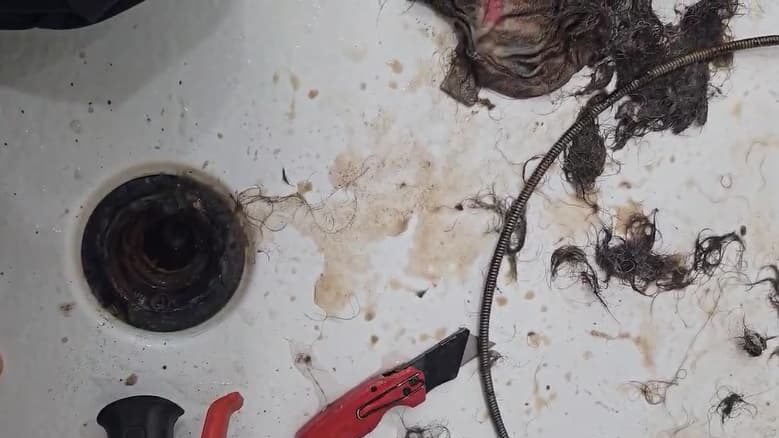
Dealing with a clogged shower drain can be frustrating, but it’s a common problem that many homeowners face. A buildup of hair, skin cells, hard water residue, and leftover shampoo or soap often causes shower drain blockages. Fortunately, there are several effective techniques you can try to clear the blockage and restore your shower’s drainage.
These useful tips and tricks offer effective solutions for clearing a stubborn clog, showing that you can handle this DIY job without always requiring professional help. With the right tools, you’ll soon be able to enjoy your peaceful morning routine again.
A clogged drain leads to slow drainage. According to Bobvila, about 80% of shower drain clogs are caused by hair.
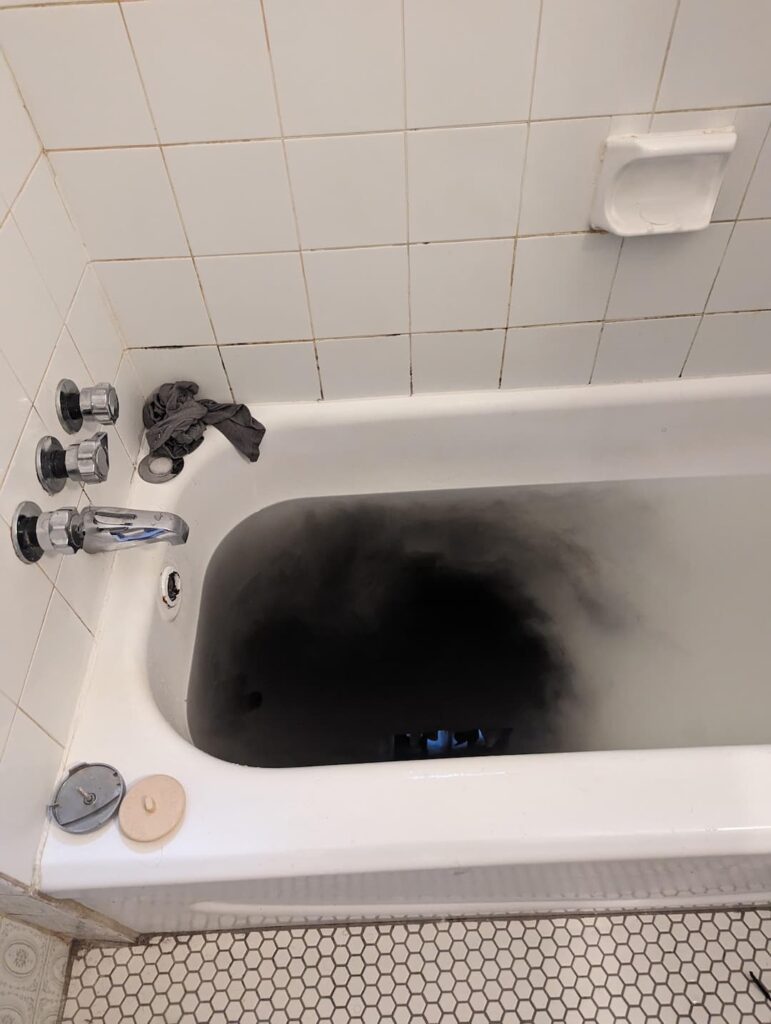
Unlike a clogged toilet or kitchen sink, where a large obstruction may be the problem, shower drain clogs are usually due to a gradual buildup of materials over time. Hair, lint, and residue from bath products can all contribute to the gradual slowing of your shower drain.
The first step is to check your drain for any visible obstructions. Clumps of hair are often the most common cause of a clogged shower drain. If you don’t see anything on the surface, look underneath the drain cap and into the drain itself to see if you can spot the blockage.
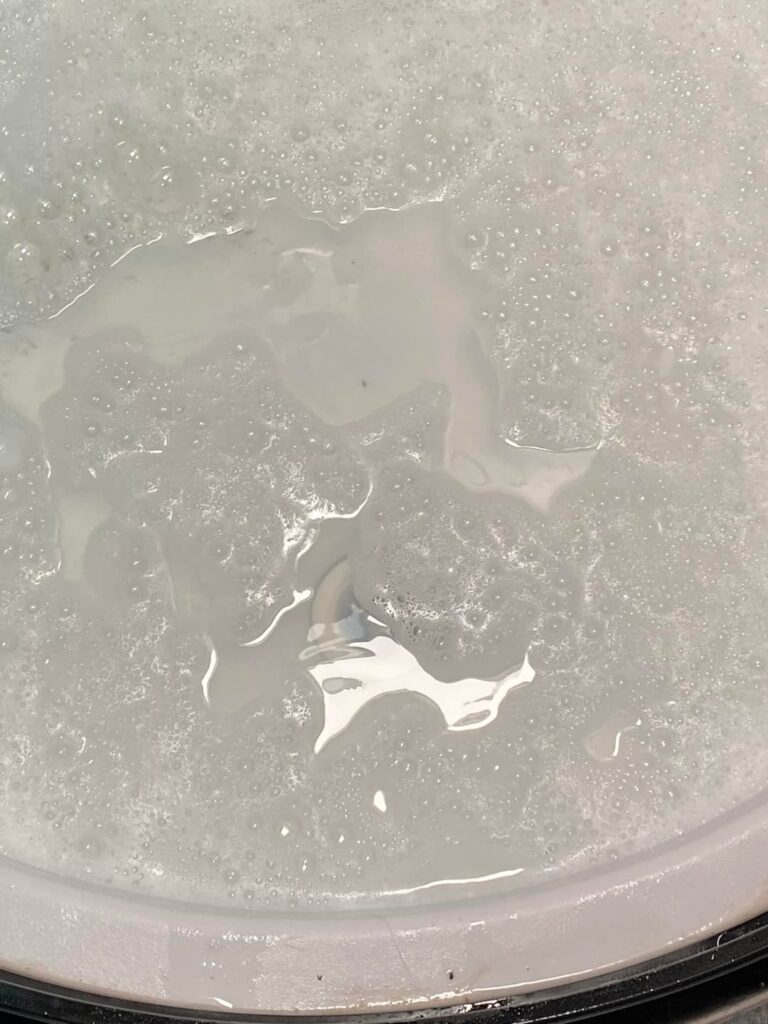
Next, make sure your drain is open and clear. Depending on the type of drain and stopper you have, you can unscrew and lift out the stopper completely to check for any obstructions.
One of the simplest and most effective ways how to unclog shower drain is with a pot of boiling water. The heat from the water can help dissolve and dislodge built-up gunk and grime, allowing the clog to clear.
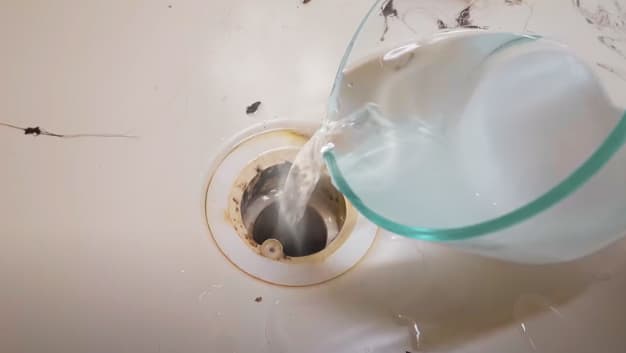
Here’s how to use boiling water to unclog your shower drain:
The key is to use very hot water, as this can help break down the clog and flush it out. Just be careful when handling the boiling water to avoid any burns or scalds.
The classic baking soda and vinegar combination is another effective DIY solution for unclogging a shower drain. This simple chemical reaction can help dissolve and clear even stubborn clogs.
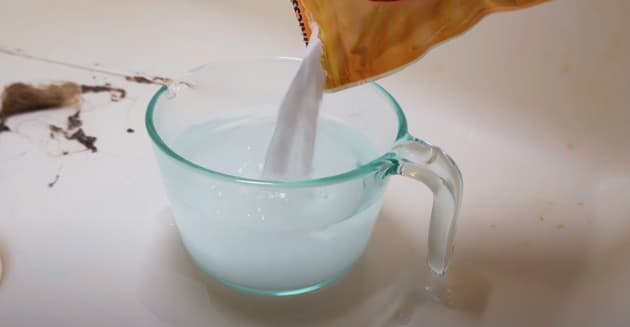
Here’s how to use baking soda and vinegar to unclog your shower drain:
The baking soda and vinegar will react, creating a bubbling, fizzing action that can help break up the clog. The boiling water then helps flush the loosened debris down the drain.
If the baking soda and vinegar method doesn’t do the trick, it may be time to bring in the big guns: a drain snake, also known as a plumber’s snake or auger.
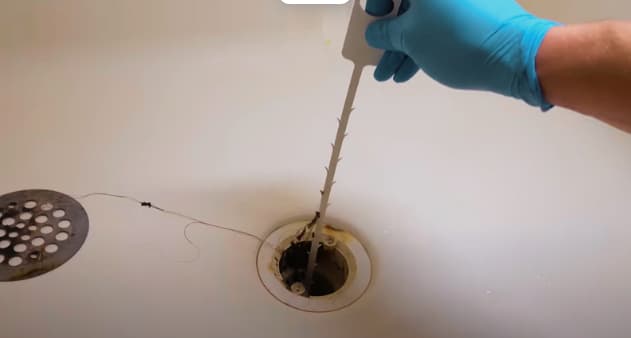
A drain snake is a long, flexible metal cable with a corkscrew-like end that can be inserted into the drain to break up and physically remove the clog.
Here’s how to use a drain snake to unclog a shower drain:
Although using a drain snake can be a bit more labor-intensive, it’s often the most effective way to clear a stubborn shower drain clog.
If you don’t have a drain snake, you can also try plunging the shower drain to break up the clog.
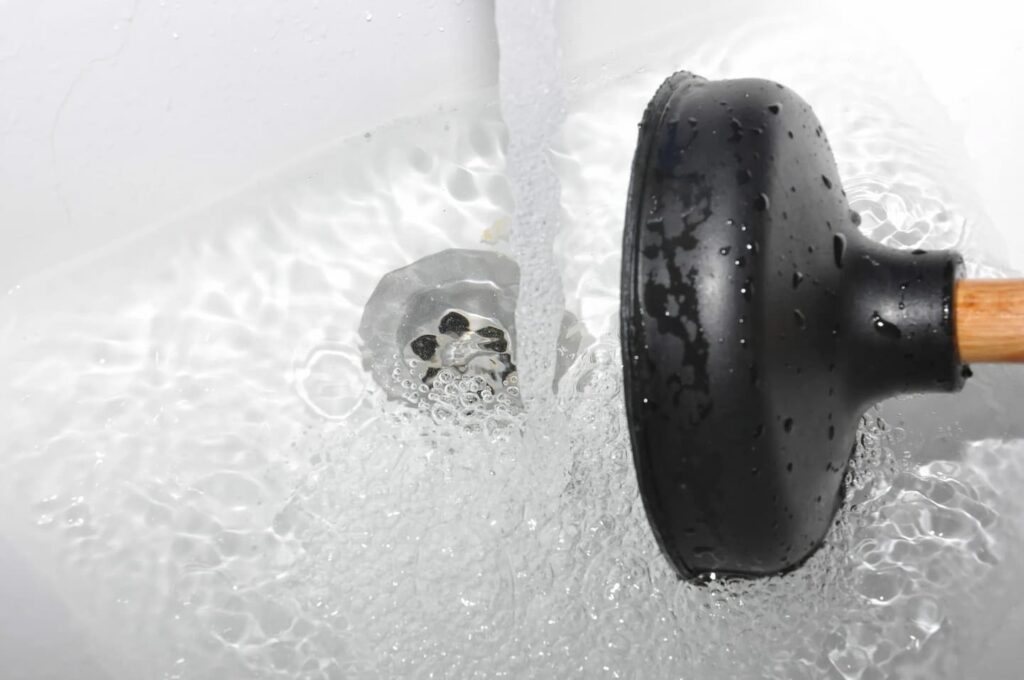
Here’s how to plunge a clogged shower drain:
The suction from the plunger can help pull the clog loose and allow the water to drain more freely.
If you prefer a more natural approach, you can use a homemade or commercial natural drain cleaner to unclog your shower drain.
Some effective natural drain cleaners include:
These natural solutions can help break down the gunk and grime in your drain without the harsh chemicals found in many commercial drain cleaners.
While unclogging a shower drain is necessary, it’s always better to take proactive steps to prevent clogs in the first place. Here are some tips to help reduce buildup and keep your shower drain flowing freely:
Make a habit of regularly cleaning your shower drain to prevent buildup and blockages. This can be as simple as removing any visible hair or debris with a bent wire hook or a drain cleaning tool.
Installing a drain screen or guard can significantly reduce the amount of hair, skin cells, and other debris that goes down the drain. These inexpensive tools can be a game-changer in preventing clogs.
Be mindful of what you’re washing down the drain. Avoid flushing large amounts of hair, soap scum, or other solid waste down the shower drain, as this can contribute to blockages over time.
Pouring grease, cooking oil, or other fatty substances down the drain is a surefire way to create a clog. These materials can solidify and stick to the sides of the pipe, creating a stubborn blockage.
Opt for natural, eco-friendly drain cleaners made with ingredients like baking soda, vinegar, or enzyme-based formulas. These solutions can help maintain your pipes without the harsh chemicals found in many commercial products.
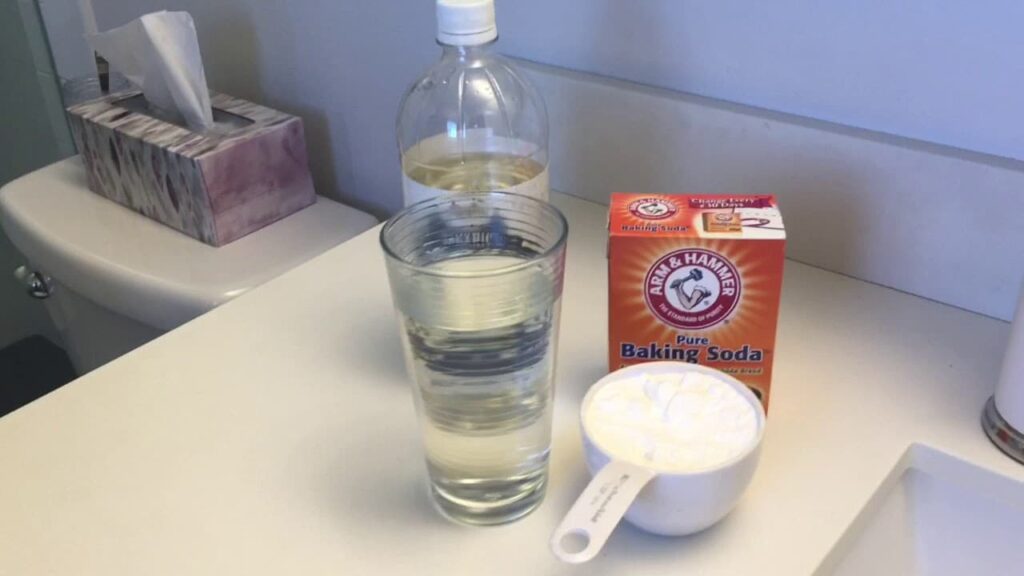
If you’re in need of plumbing services, TaskPro uses specialized tools and techniques to diagnose and clear even the most stubborn clogs. Additionally, we can identify and address any underlying issues in your plumbing system.
Some quickest ways to unclog a shower drain include boiling water, a baking soda and vinegar solution, or a plunger. These methods can often clear a clog in just a few minutes.
Baking soda and vinegar effectively dissolve and break down hair clogs in a drain. The chemical reaction created by these two ingredients can help loosen and flush out the hair.
Yes, boiling water can be an effective way to unclog a shower drain. The heat from the water can help dissolve and dislodge built-up gunk and grime, allowing the clog to clear.
Share this Guide
Toilets overflowing can be a stressful situation for anyone. It’s important to stay calm and know the steps to take when this happens. An…
As the chilly Canadian winters approach, many homeowners look for effective ways to keep their homes warm and cozy. One popular option is radiator…
Choosing the right boiler is crucial when it comes to heating your home in Canada. The two main contenders are electric boilers and oil…